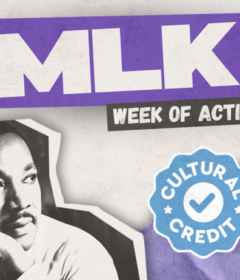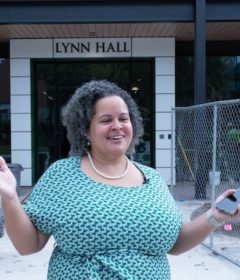‘Promoting Democratic Values’: Former U.S. Ambassador Kelley Currie Shared Insight on Campus April 10
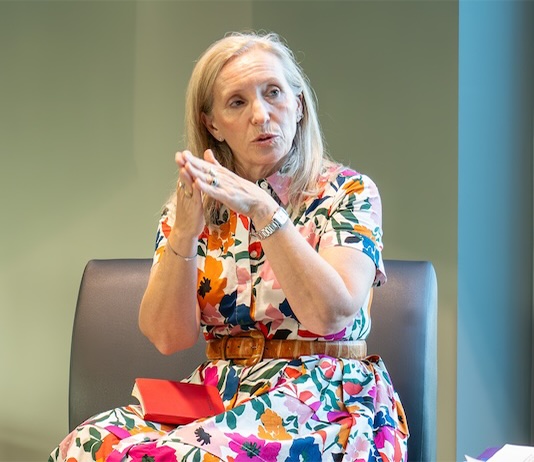
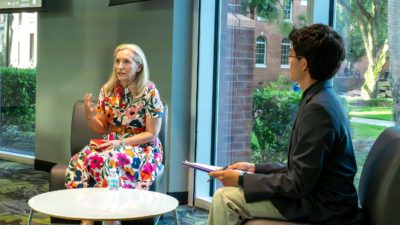
Stetson’s Free Inquiry & Expression and the Future of Democracy Series was established in January to enable open dialogue through national speakers, panel discussions and civil discourse. On April 10, “Promoting Democratic Values in the United States and Abroad” served as a fitting conclusion to the series this spring.
The event, held at the Marshall & Vera Lea Rinker Welcome Center, featured American human rights attorney Kelley Currie and was sponsored by the Alexander Hamilton Society. Currie’s presentation was moderated by senior Bruno Soto, a Political Science and Economics major who is president of Stetson’s Alexander Hamilton Society chapter.
Currie is a former government official who, during the first Trump administration, was the U.S. Representative to the United Nations Economic and Social Council and the acting deputy representative of the United States to the UN. Currently, she is a senior fellow at the Atlantic Council, with a joint affiliation to the Scowcroft Center for Strategy and Security and the Freedom and Prosperity Center. Also, she is a founding partner of Kilo Alpha Strategies, a geopolitical advisory firm, and serves on the board of directors of the National Endowment for Democracy and the advisory boards of Spirit of America, the Vandenberg Coalition and the Global Taiwan Institute.
‘Conflict Is Inevitable Around Values’
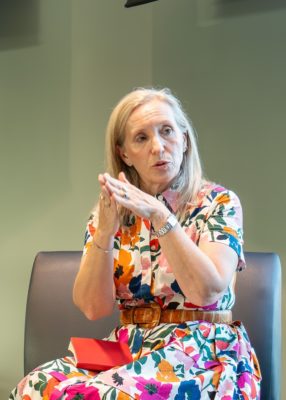
In front of students, faculty, staff and others, Currie began by speaking about how the founding principles and ideals of the United States differed from those of other countries, and continue to provide the framework for present-day global relationships. “This idea of self-government and popular sovereignty was so revolutionary and is so intrinsic to what we are as a nation. When you take that out into the world and interact with other nations, especially nations that don’t have that tradition or history of values, then conflict is inevitable around values,” said Currie, who holds a Juris Doctor from Georgetown University Law School and a bachelor’s degree in political science from the University of Georgia.
In addition, Currie offered multiple insights about specific countries — China, Russia and others — while also putting a microscope on U.S. challenges across internal organizations.
Her topics ranged widely, and her discussions were open and frank.
At Stetson, recent affirmations of the university’s formal commitment to free expression can be traced back to spring 2019, when faculty and staff from the DeLand campus and the College of Law in Gulfport drafted a statement of principles of free expression, which was approved by the university’s Board of Trustees.
Last July, President Christopher F. Roellke, PhD, joined 70 other college presidents of diverse institutions nationwide to advance higher education’s pivotal role in preparing students to be engaged citizens, as well as to uphold free expression on campus. The commitments were made through College Presidents for Civic Preparedness, a consortium designed by the presidents and convened by the Institute for Citizens & Scholars.
Also, last summer Stetson participated by invitation in the inaugural Academic Freedom Institute at the University of Chicago, where universities were tasked with identifying their institutional structures for academic freedom and developing ongoing plans for embracing both free speech and inclusive excellence.
Those activities made the timing this spring semester especially appropriate for the series.
See the Free Inquiry & Expression and the Future of Democracy Series website.


